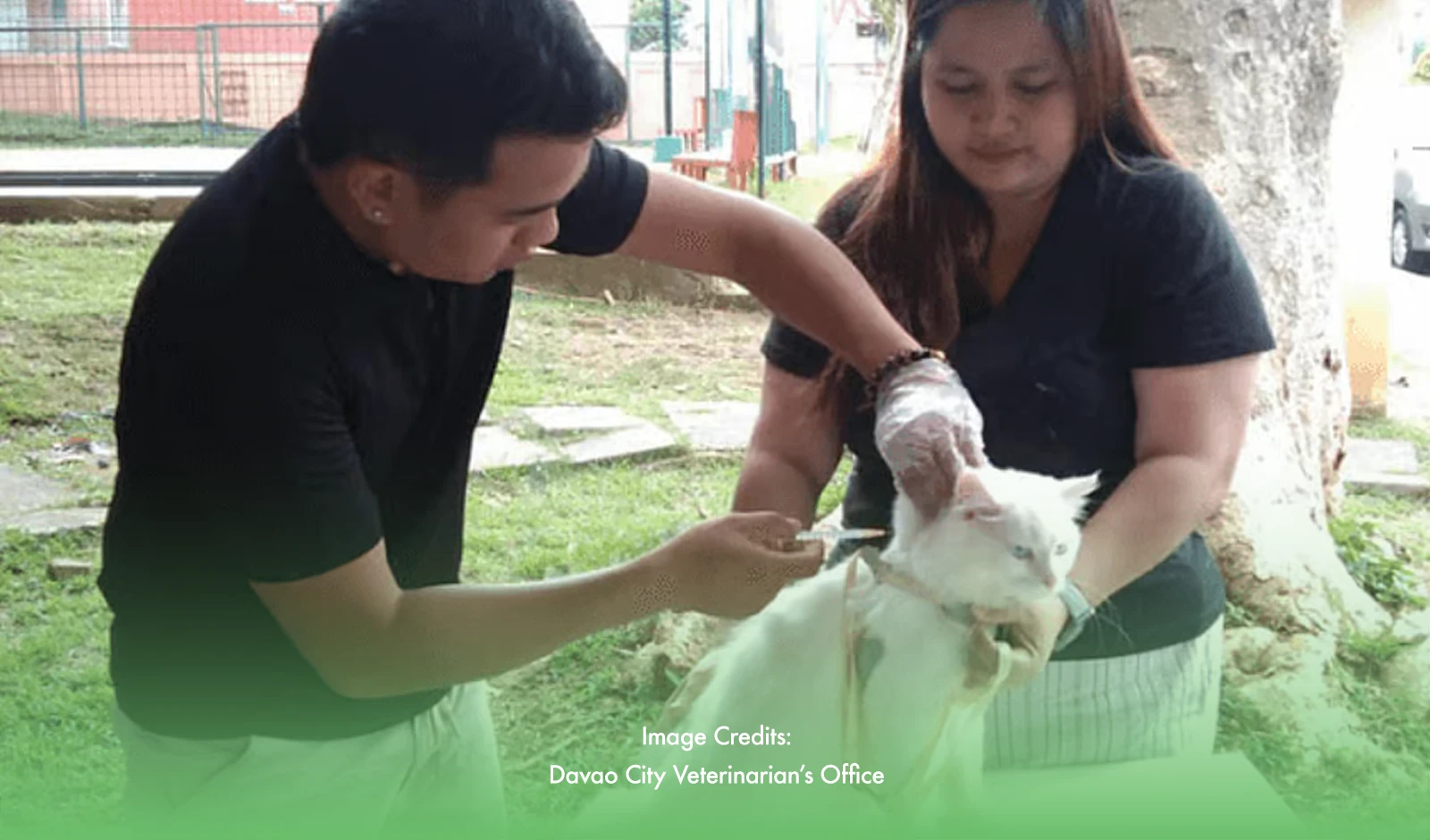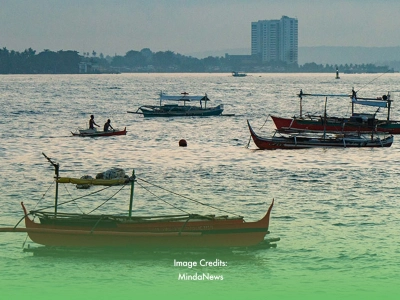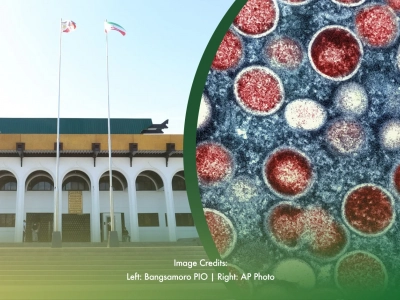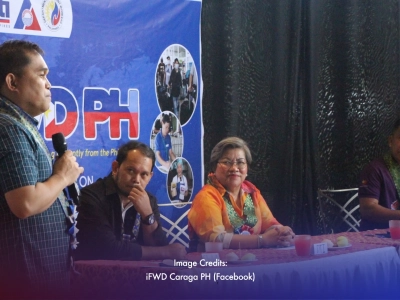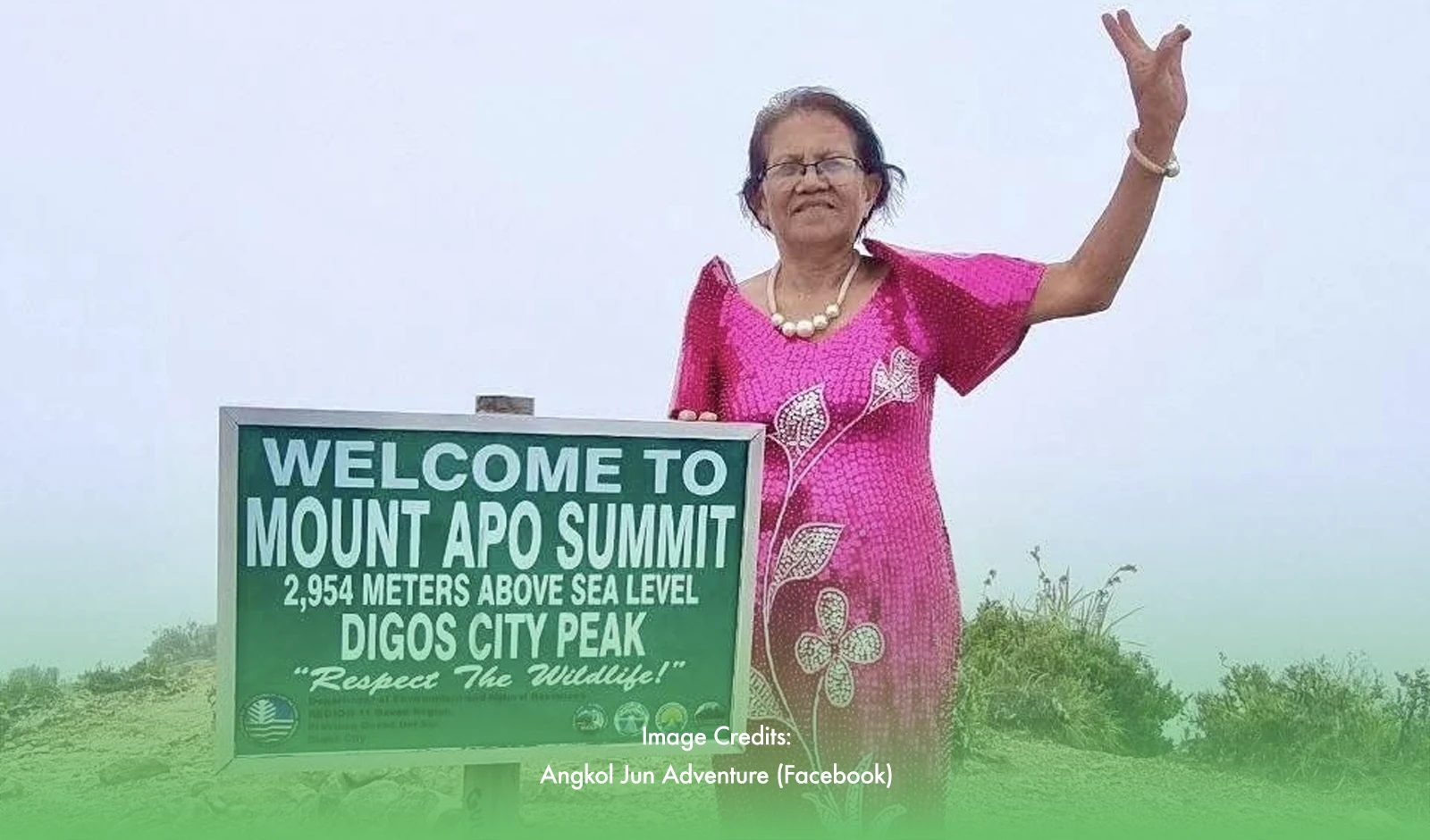Health officials in Davao are sounding the alarm after a sharp rise in rabies-related deaths in 2024, coupled with a significant cut in funding for anti-rabies vaccines. The number of fatalities has increased by 50% this year, from 24 deaths in 2023 to 36 this year, raising concerns about the region’s ability to control the disease.
A Worrying Surge in Deaths
Rabies deaths in Davao have reached alarming levels, with a noticeable shift in the source of infection. Of the 36 deaths, 21 were linked to vaccinated domesticated animals, while 15 came from unvaccinated or stray animals. This highlights a major public health issue: rabies transmission can still occur even from vaccinated animals, underscoring the importance of prompt medical intervention following animal bites. Health Undersecretary Abdullah Dumama emphasized that rabies remains a global health threat, causing an estimated 60,000 deaths worldwide each year.
Davao del Norte's Crisis
The province of Davao del Norte has been particularly hard hit, with rabies deaths tripling from three in 2023 to 13 in 2024. Other provinces in the region, including Davao de Oro, Davao del Sur, and Davao City, have also seen significant increases in fatalities. Victims ranged from young children to elderly individuals, indicating that no one is safe from the disease. Dumama noted that the actual death toll could be higher, as many cases go unreported, either due to misdiagnosis or because victims die before reaching medical facilities.
Funding Cuts Threaten Control Efforts
Despite the rising deaths, the budget for anti-rabies vaccines has been drastically reduced from P8 million in 2024 to just P1 million in 2025. This small budget will only cover about 1,000 doses, far less than what is needed for the 120,000 reported animal bite cases. Dumama has called for increased funding and greater coordination between health and agriculture agencies to address the crisis. Without better resources and stronger public awareness, Davao’s rabies problem is likely to worsen.

